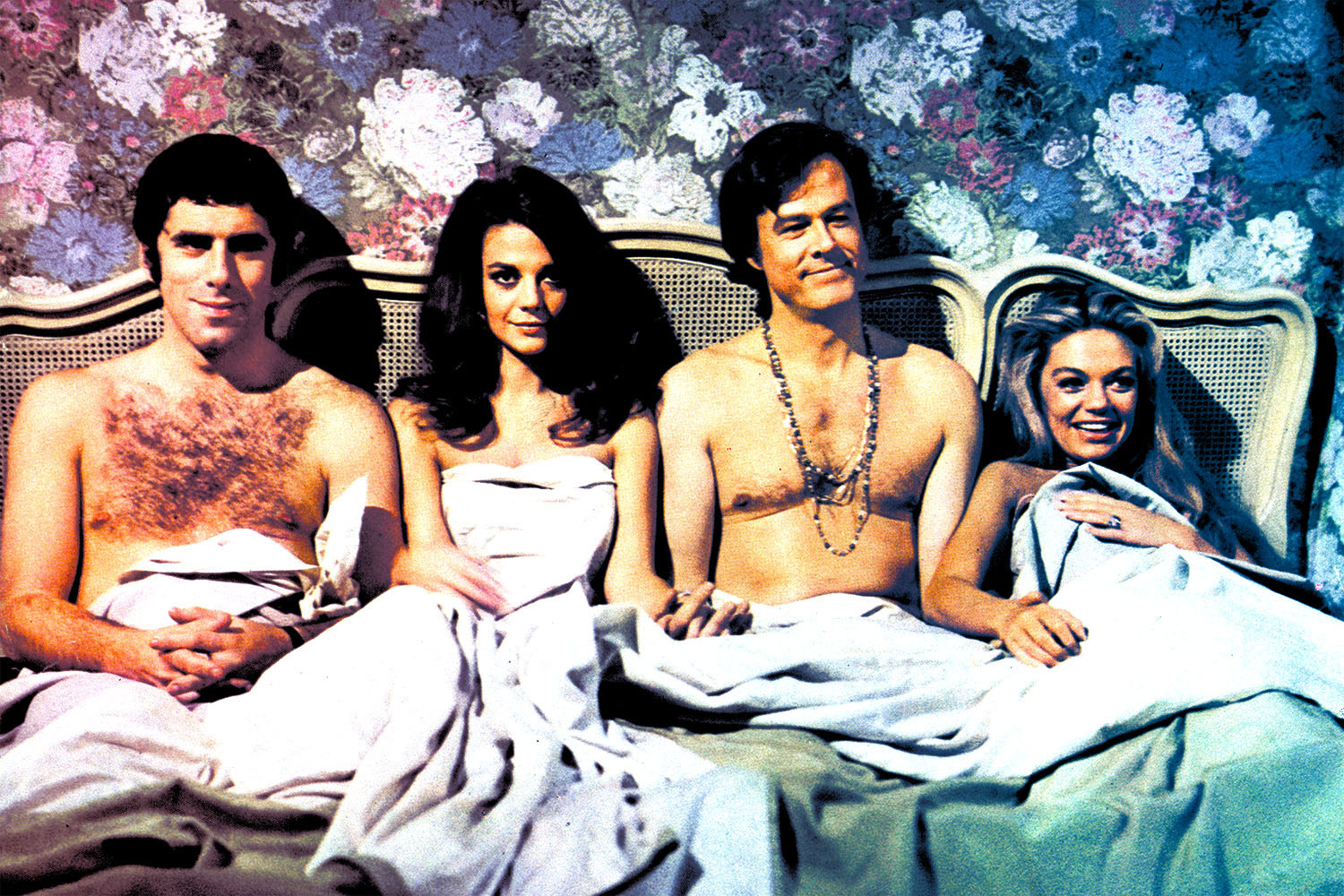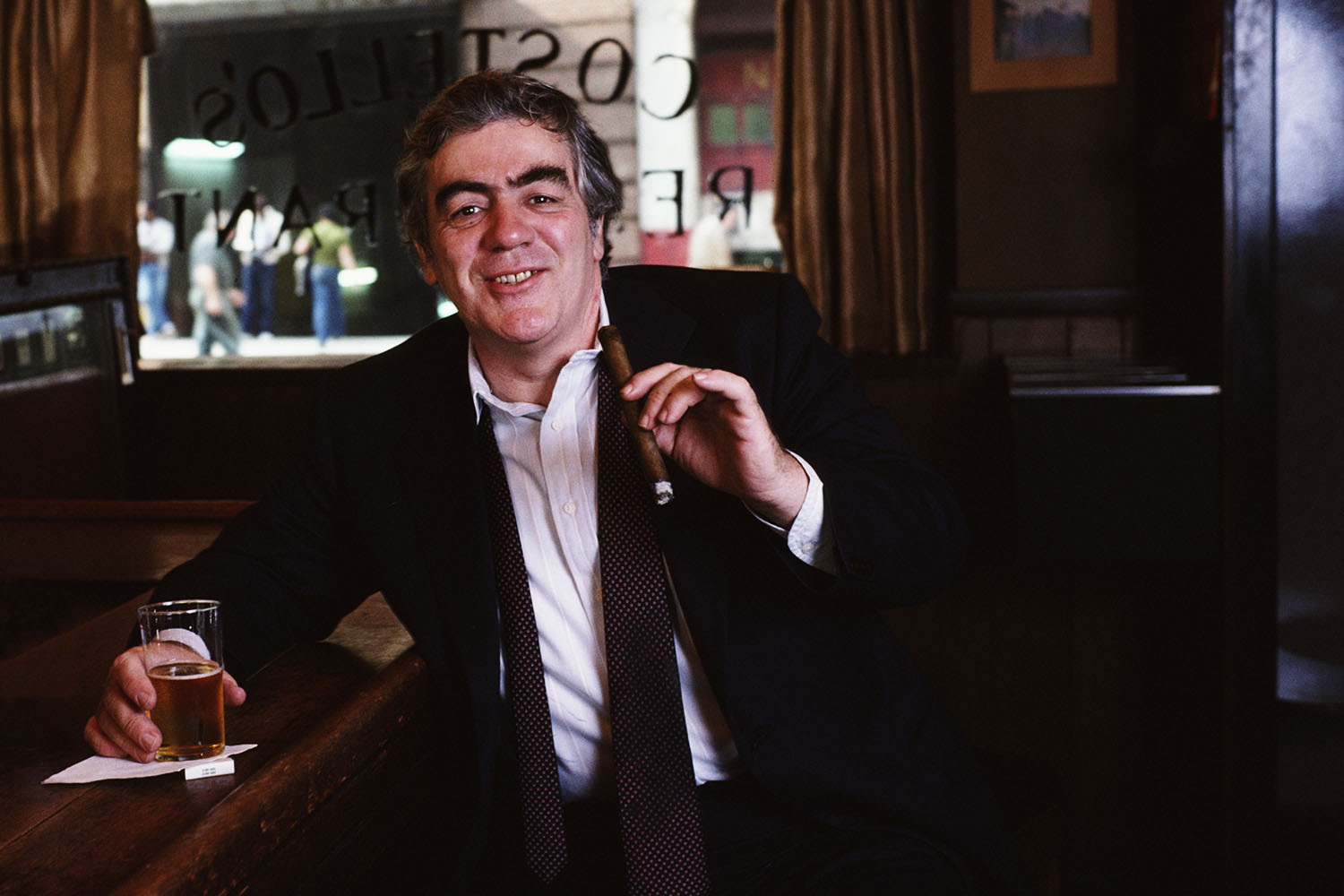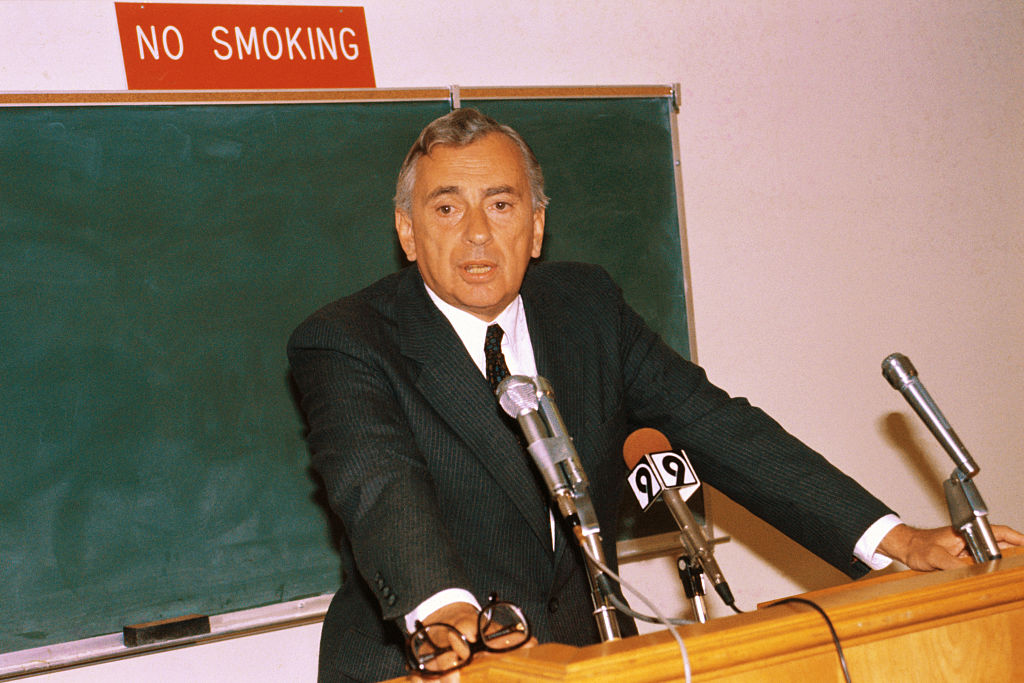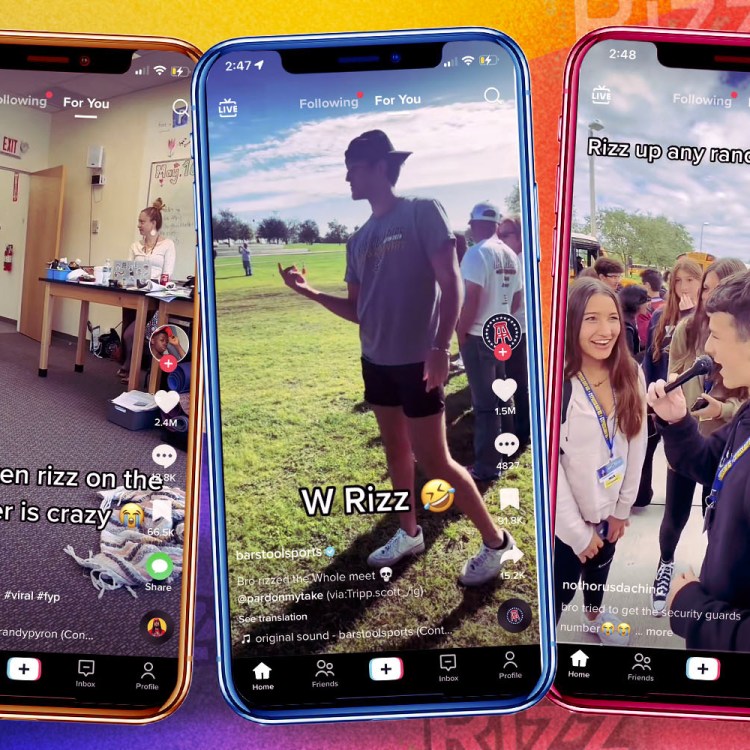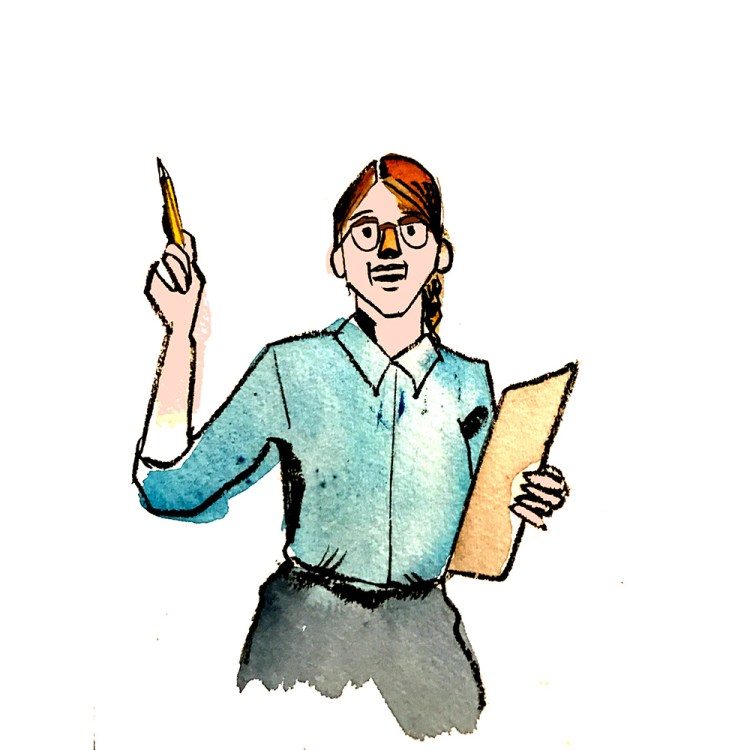Writing about crime is something a host of authors have done over the years. Committing crimes, on the other hand, is a little less of a popular activity among the literary set. But in New York City in 1981, the lives of three writers unexpectedly converged when one of them stabbed a man to death. The writers were Norman Mailer, Jerzy Kosiński and Jack Henry Abbott, and the first season of a new podcast hauntingly documents their lives and the horrors each left in their wake.
The podcast is Penknife, hosted by writers and booksellers Corey Eastwood and Santiago Lemoine, and narrated and edited by Ramona Stout. (Full disclosure: I’ve known Eastwood for several years.) Its first two episodes focus on Jack Henry Abbott’s life — the bulk of which was spent incarcerated — as well as his release from prison on parole and the subsequent publication of his memoir In the Belly of the Beast.
What seemed like a triumph for rehabilitation and the arts quickly became a nightmare for all involved. One morning, Abbott stabbed an actor and playwright, Richard Adan, to death at a cafe on the Lower East Side following an argument over the bathroom. From there, the scope of Penknife expands in a number of ways, tracing the literary rises of both Mailer and Kosiński — and documenting the horrific acts that they committed.
“It’s cliché, but we made Penknife because it was the podcast we wanted to hear,” Eastwood tells InsideHook. “I had no interest at all in making a podcast, but as a podcast listener, I’d literally googled ‘books/literature/true-crime’ a dozen times and never found anything that appealed to me.”
When Lemoine suggested starting a true crime podcast, Eastwood eagerly came on board. In early 2020, both were living under lockdown in Valencia, Spain — which meant that much of their research was done online. (Eastwood cites his New York Public Library card as an essential component of making the podcast a reality.) And the first season covers a wide range of media, from interview clips to reconstructions of certain events in the lives of its subjects.
The result is often thrilling, even as it remains thought-provoking. Hearing Kosiński banter with David Letterman, or watching Mailer try and fail to grapple with feminism at a live event, is both gripping audio and often chilling in its implications.
The collaborators noted that Abbott’s case was what initially drew them in. “When we first started researching criminal authors for season one, Abbott immediately stuck out as a very interesting case — criminal who wrote, writer who committed crimes, victimizer, victim, etc. — and his life and crimes led us to the other two,” Lemoine explains. “We didn’t even know the full extent of Mailer and Kosiński’s criminal careers when we started looking into their biographies.”
Some of their acts are better documented than others. Mailer’s horrific attack on his wife Adele Morales in 1960 has been written about in numerous venues; Kosiński’s offenses are less well-known. That doesn’t mean that he didn’t do some terrible things, however. There’s a gasp-worthy moment late in the season when the full scope of Kosiński’s deeds comes into focus. As for public perceptions of the three writers at the center of Penknife season one, that also affected the way the podcast came together.
“To be honest, I think the fact that [Mailer] is for the most part rightly vilified these days made it easier to write about him and his overrated books and bad behavior,” Eastwood says. “We’re already working on Season Two, and an early snag we hit is that many of the writers such as Jean Genet or Miguel Piñero who we’re considering as subjects were actually really cool, sympathetic people whose positive impacts on society far outweigh their negative.”
The relationship between the creators and their subjects is one that evolved over the course of the process of making Penknife. “I was definitely the most sympathetic with Jack Henry Abbott by the end of editing and reading,” Stout says. “Jerzy Kosiński fascinated like a specimen might. And I never really took to Mailer, not even as a prime specimen of ‘toxic masculinity.’”
“What we tried to do was to paint a full picture of these complicated, flawed and often terrible human beings in order to try and better understand: A) human nature itself, B) some of the ways we work as a society and C) U.S. culture and history during the second half of the 20th century,” Lemoine explains. “It took us a lot of research and a lot of rewrites, but we hope we managed to portray them in a fair and honest way.”

Talking to the creators of Penknife also involves talking about the podcast’s relationship to its genre. “When you take a close look at the narrative structure of the true crime genre, the tension of nearly every story depends upon framing the perpetrator as a ‘bad person,’ even when it then zooms in and gives context by exploring the motivations of their crimes,” Eastwood says. “This idea of violent criminals as ‘bad’ or ‘others’ is something we try to challenge and pick apart in Season One.”
Whether or not that’s possible remains to be seen. “[S]till, our narrative relies on the same ‘bad guys’ framing as just about every other true crime podcast,” he continues. “When you deal with people whose crimes were clearly the result of poverty, racism, sexism, homophobia or any other societal oppression (as it could be argued that Abbott’s were), the perspective changes and it gets a lot harder to maintain the tension.”
And, as Lemoine points out, Penknife does make a lot of space for the multifaceted elements of its subjects. “People are many things: Mailer was one of the most public intellectuals and respected American authors of the 20th century, and he was also a wife-stabber who often used physical violence to get his way and spouted the most horrific opinions to get under the spotlight,” he says. “Kosinski (partially) wrote one of the most important novels about the Holocaust, he was funny and loveable, and he was also a violent rapist, a creep, a thief and a plagiarist. Abbott was a cold-blooded murderer, but he was also a victim, and he wrote one of the most powerful books in prison literature. People are complicated.”
For now, the collaborators have set up a page on Patreon and have begun working on a second season. What will that be about? Both Eastwood and Stout stated that content would dictate form, rather than the opposite. “Believe it or not, there are actually quite a few writers who committed murder,” Eastwood said. “Season Two seems to be gelling around some of them.”
Lemoine added that the second season “will probably have a thematic axis, allowing us to cover more ground and explore the lives and crimes of writers from across the world.” It’s unnerving in its implications, but also makes for a gripping and thought-provoking listen.
This article was featured in the InsideHook newsletter. Sign up now.

